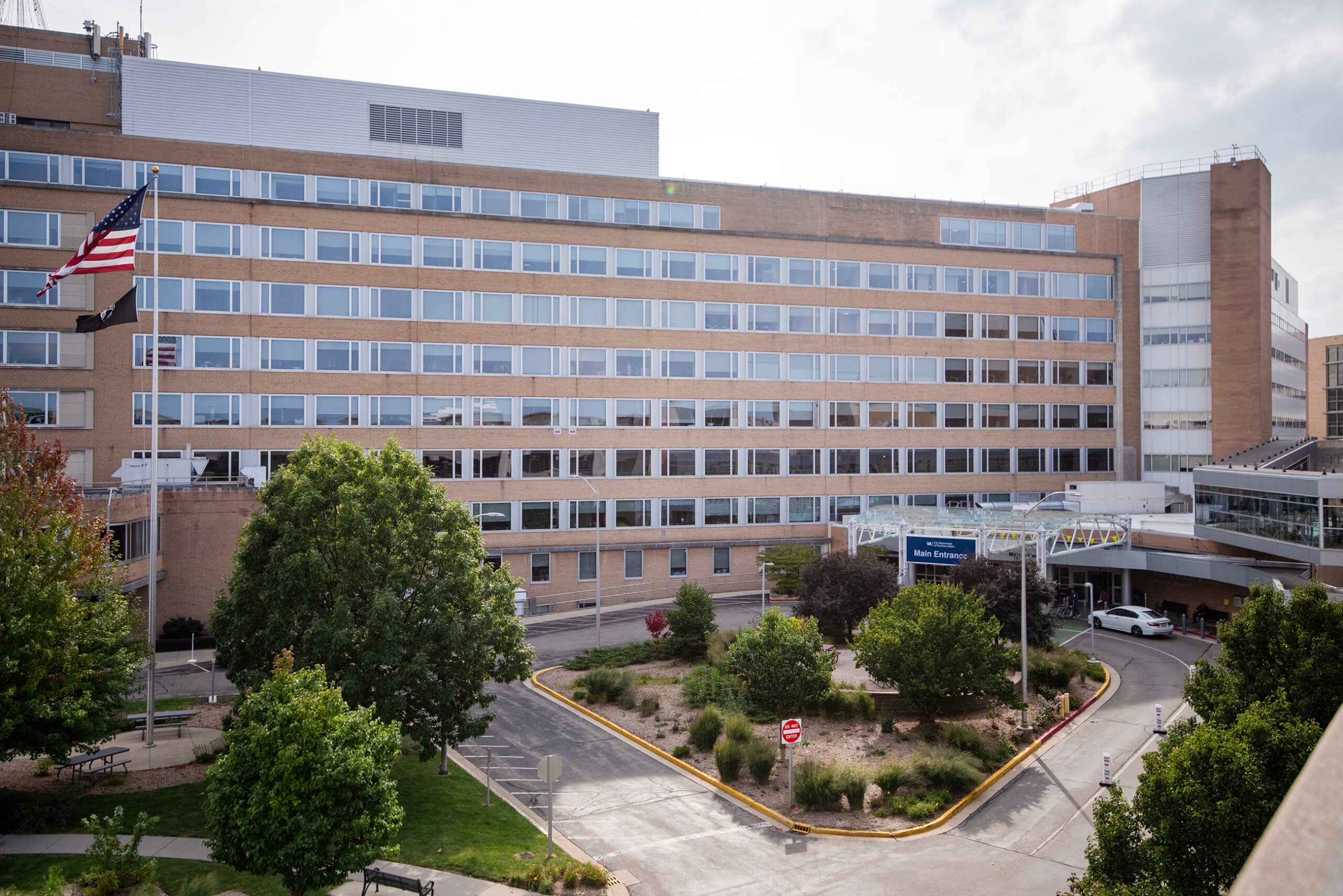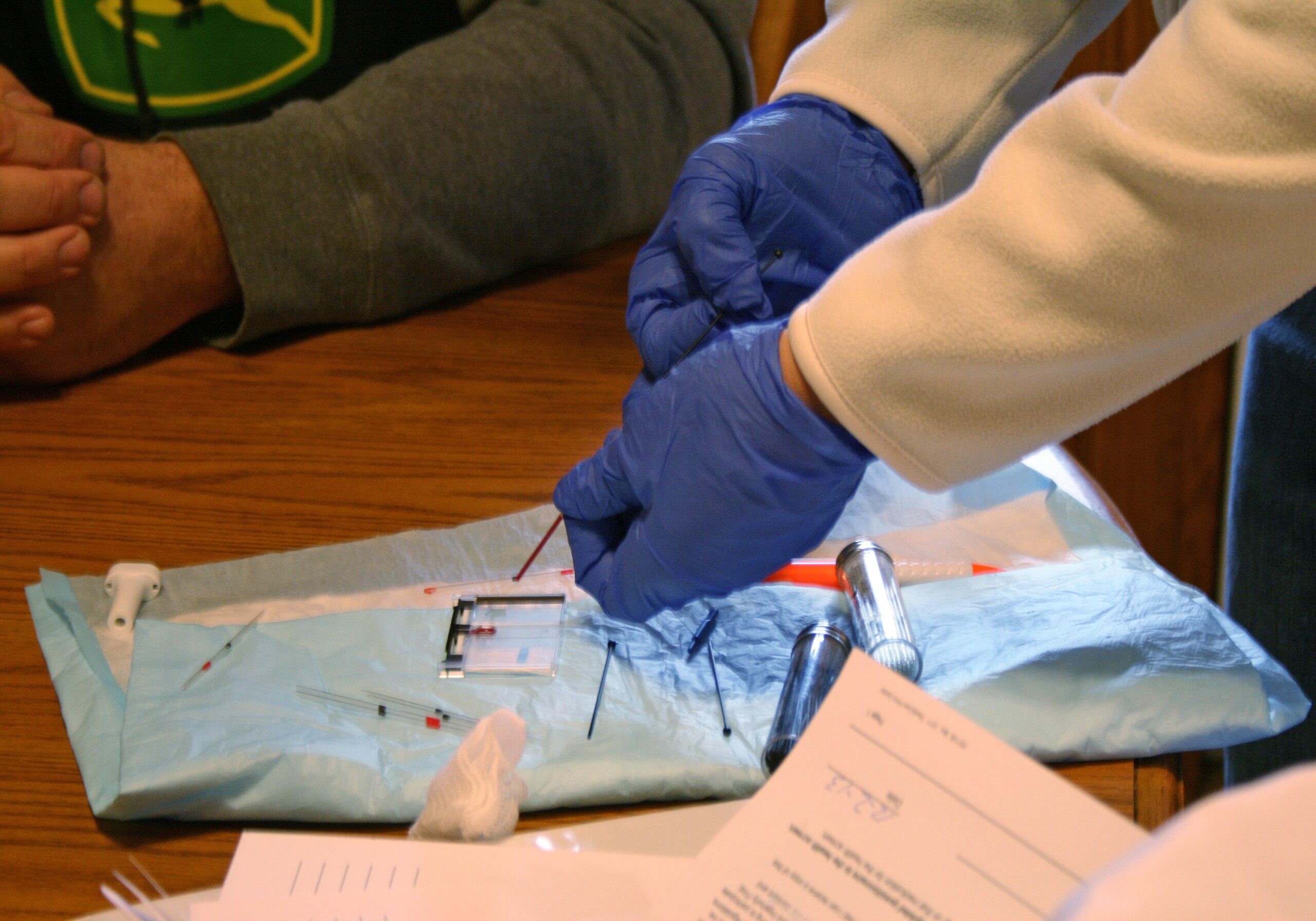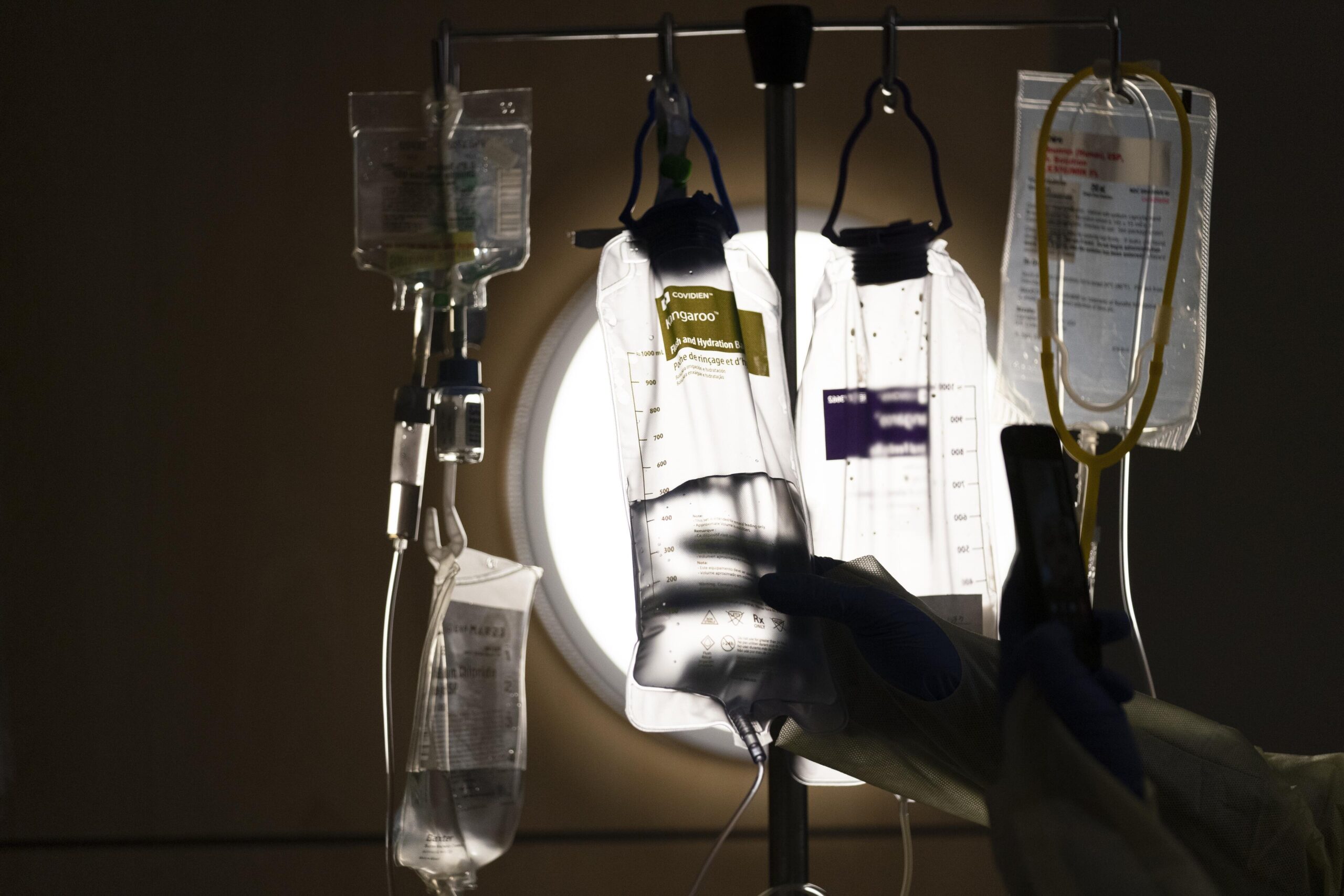A long-debated change aimed at reducing health care wait times for veterans is set to take effect next month. The U.S. Department Veterans Affairs has finalized a rule that will allow advanced practice registered nurses to take on some of the duties currently reserved for VA doctors.
In 2014, long wait times for new patients were exposed in the national media. The Madison VA Hospital had Wisconsin’s longest reported wait time at 51 days.
“This is a huge change across the country when you think of the 150-plus VAs, all of the community based outreach clinics across the country,” said David Murray, the Madison VA’s associate director of patient care service.
News with a little more humanity
WPR’s “Wisconsin Today” newsletter keeps you connected to the state you love without feeling overwhelmed. No paywall. No agenda. No corporate filter.
The new rule will increase the number of health care professionals who can see patients, Murray said.
“This allows the nurse practitioners to work to the full extent of their licensure to provide that primary care, and in some instances mental health and in some instances specialty care,” he said.
Average wait times for routine primary care at the Madison VA are now 4.47 days, with 7.33 days for specialty care and 1.02 days for mental health issues, Murray said.
A monthly report out by the U.S. Department Veterans Affairs shows 91 percent of appointments are scheduled in less than 30 days. At the Milwaukee VA Medical Center it’s 94 percent, and in Tomah it’s 95 percent.
It has been an almost decade-long process to expand what advanced practice nurses can do at VA hospitals and clinics, Murray said.
The American Medical Association said in a statement after the rule was released Dec. 13 that it was disappointed by the VA’s decision to allow most advanced practice nurses within the VA to practice independently of a physician’s clinical oversight, regardless of individual state law.
Murray said there hasn’t been backlash from doctors at the Madison VA, where more than 50 advanced practice nurses work at the hospital and area clinics .
“We have allowed (advanced practice registered nurses) to practice to the full extent that was allowable at the time,” he said. “So the physicians have worked with them since the late 90s and really have found the nurse practitioners to be a valuable asset to them.”
Advanced practice nurses outside VA health care settings are still bound by state law. In Wisconsin, these health care professionals can diagnose and treat patients but need physician oversight to prescribe medications.
Wisconsin Public Radio, © Copyright 2025, Board of Regents of the University of Wisconsin System and Wisconsin Educational Communications Board.







